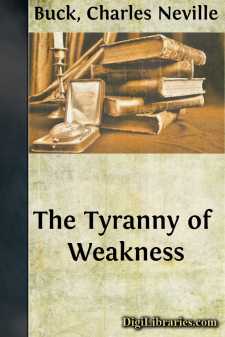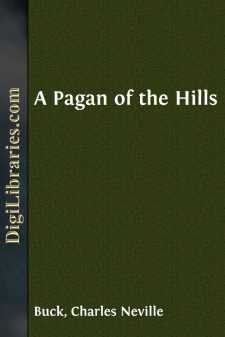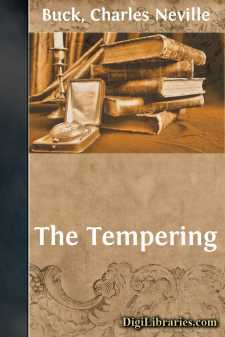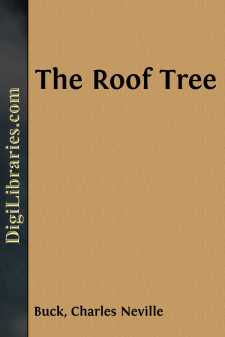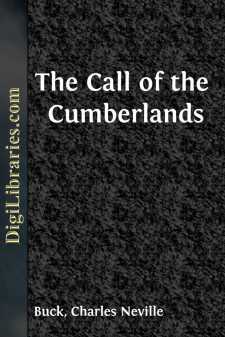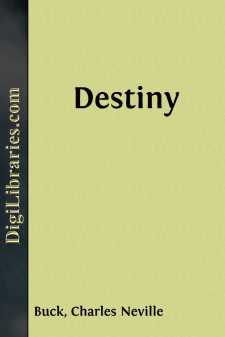Categories
- Antiques & Collectibles 13
- Architecture 36
- Art 48
- Bibles 22
- Biography & Autobiography 816
- Body, Mind & Spirit 145
- Business & Economics 28
- Children's Books 17
- Children's Fiction 14
- Computers 4
- Cooking 94
- Crafts & Hobbies 4
- Drama 346
- Education 58
- Family & Relationships 59
- Fiction 11834
- Foreign Language Study 3
- Games 19
- Gardening 17
- Health & Fitness 34
- History 1378
- House & Home 1
- Humor 147
- Juvenile Fiction 1873
- Juvenile Nonfiction 202
- Language Arts & Disciplines 89
- Law 16
- Literary Collections 686
- Literary Criticism 179
- Mathematics 13
- Medical 41
- Music 40
- Nature 179
- Non-Classifiable 1768
- Performing Arts 7
- Periodicals 1453
- Philosophy 66
- Photography 2
- Poetry 897
- Political Science 203
- Psychology 45
- Reference 154
- Religion 516
- Science 126
- Self-Help 85
- Social Science 82
- Sports & Recreation 34
- Study Aids 3
- Technology & Engineering 59
- Transportation 23
- Travel 463
- True Crime 29
Our website is made possible by displaying online advertisements to our visitors.
Please consider supporting us by disabling your ad blocker.
The Tyranny of Weakness
Description:
Excerpt
CHAPTER I
They were types in embryo, but of course they did not know it. No more would a grain of wheat and a poppy seed dropping side-by-side in a fallow place reflect upon their destinies, though one might typify a working world's dependence for bread; the other a dreaming world's reliance for opium.
They were a boy and a girl stepping artlessly into the wide chances of a brand-new and vastly interesting adolescence. Just now her young eyes were provocative with the starry light of mischief. His were smoldering darkly under her badgering because his pride had been touched to the quick. His forefathers had been gentlemen in England before they were gentlemen in the Valley of Virginia and his heritage of knightly blood must not be made a subject of levity. But the girl reflected only that when his dark eyes blazed and his cheeks colored with that dammed-up fury she found him a more diverting vassal than in calmer and duller moods. A zoo is more animated when the beasts are stirred into action.
"What was it that General Breckinridge said, Stuart?" She put the question innocently. "When the Newmarket cadets made their charge?"
"He said—" Suddenly the boy caught the riffled mockery of her eyes and abruptly his inspired recital broke off in exasperation, "May I ask just why you find that such a funny story?" he inquired with ironical dignity. "Most people seem to think it was rather pitiful than comic to send to their slaughter boys almost young enough to be in the nursery."
The eyes of Conscience Williams twinkled. "Maybe it isn't the story itself that's funny," she deigned to admit. "When your father told it, I cried—but when you tell it your face is so furious that—that you seem about to begin the war between the states all over again."
"Of course that makes it perfectly clear." Into the manner of young Mr. Stuart Farquaharson came now the hauteur of dignified rebuke. He enveloped himself in a sudden and sullen silence, brooding as he sat with his eyes fixed on his riding boots.
"What did General Breckinridge say?" She prompted persistently. Such sheer perversity maddened him. He had been reciting to her a story of exalted heroism—the narrative of how the boy cadets had hurled their young bodies against the Northern cannon and of how General Breckinridge had prayed for forgiveness as he gave the command which sent this flowering youth to its fate. And she found it amusing! He could not see how genuinely comic was his own unreconstructed ardor—how exaggerated was his cocksure manner—how thoroughly he spoke as though he himself had bled on the field of honor.
From her hammock she watched him with serene and inscrutable complacency, from under long, half-closed lashes. In his gaze was inarticulate wrath, but back of that—idolatry. He had from birth breathed an atmosphere of traditions in which the word "chivalry" was defined, not as an obsolete term, but as a thing still kept sacredly aflame in the hearts of gentlemen. To the stilted gallantry of his boyhood, ideals had meant more than ideas until Conscience Williams had come from her home on Cape Cod and turned his life topsy-turvy. Since her advent he had dreamed only of dark eyes and darker hair and crimson lips. He had rehearsed eloquent and irresistible speeches, only to have them die on a tongue which swelled painfully and clove to the roof of his mouth when he essayed their utterance. Then had come an inspiration. The stirring narration of how the Newmarket cadets had charged the Northern guns was to have been his cue, carrying him with the momentum of its intrinsic heroism over the ramparts of tongue-tied shyness. That was what he had essayed this morning, aided and abetted by the tuneful fragrance of June in Virginia. The stage had been set—his courage had mounted—and before he had reached his magnificent peroration, she had laughed at him. Ye Gods! She had affronted the erstwhile Confederate States of America and his spirit was galled.
Suddenly Conscience looked up and met his gaze penitently. It was a change from mockery so swift and complete that he should have suspected it, but he saw only a flash of sun through dark clouds.
"Do you like poetry?" she abruptly demanded.
"Like poetry!" Again the boy's countenance needed a twinkle of merriment to redeem it from a too serious acceptance of self. "Not to like poetry—if it's real poetry—is simply to be a plain clod." He spoke with an oracular and pedantic assurance which challenged the girl's mischief afresh....


